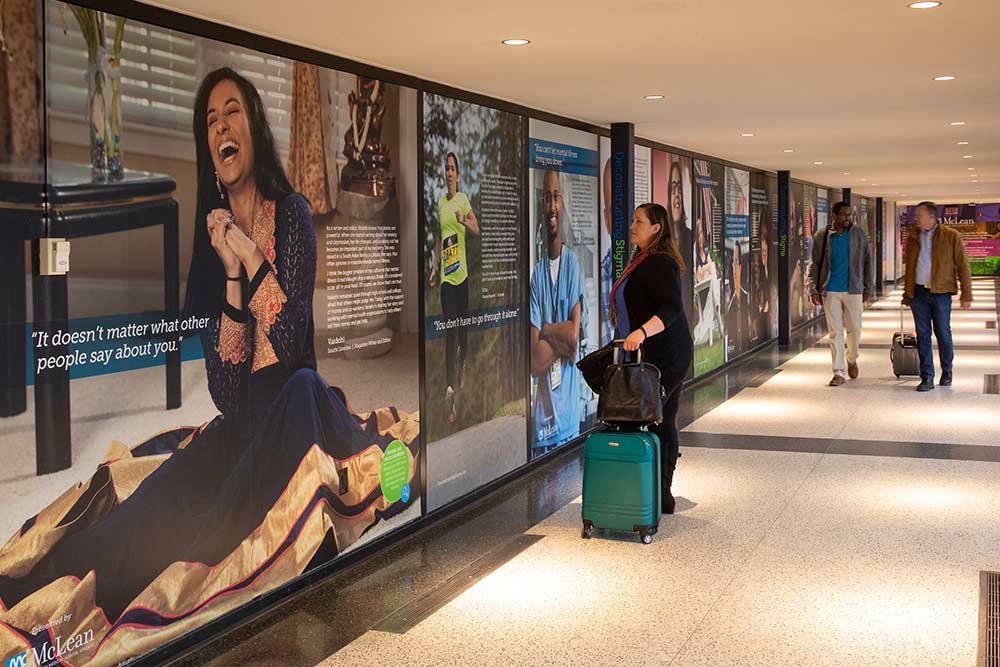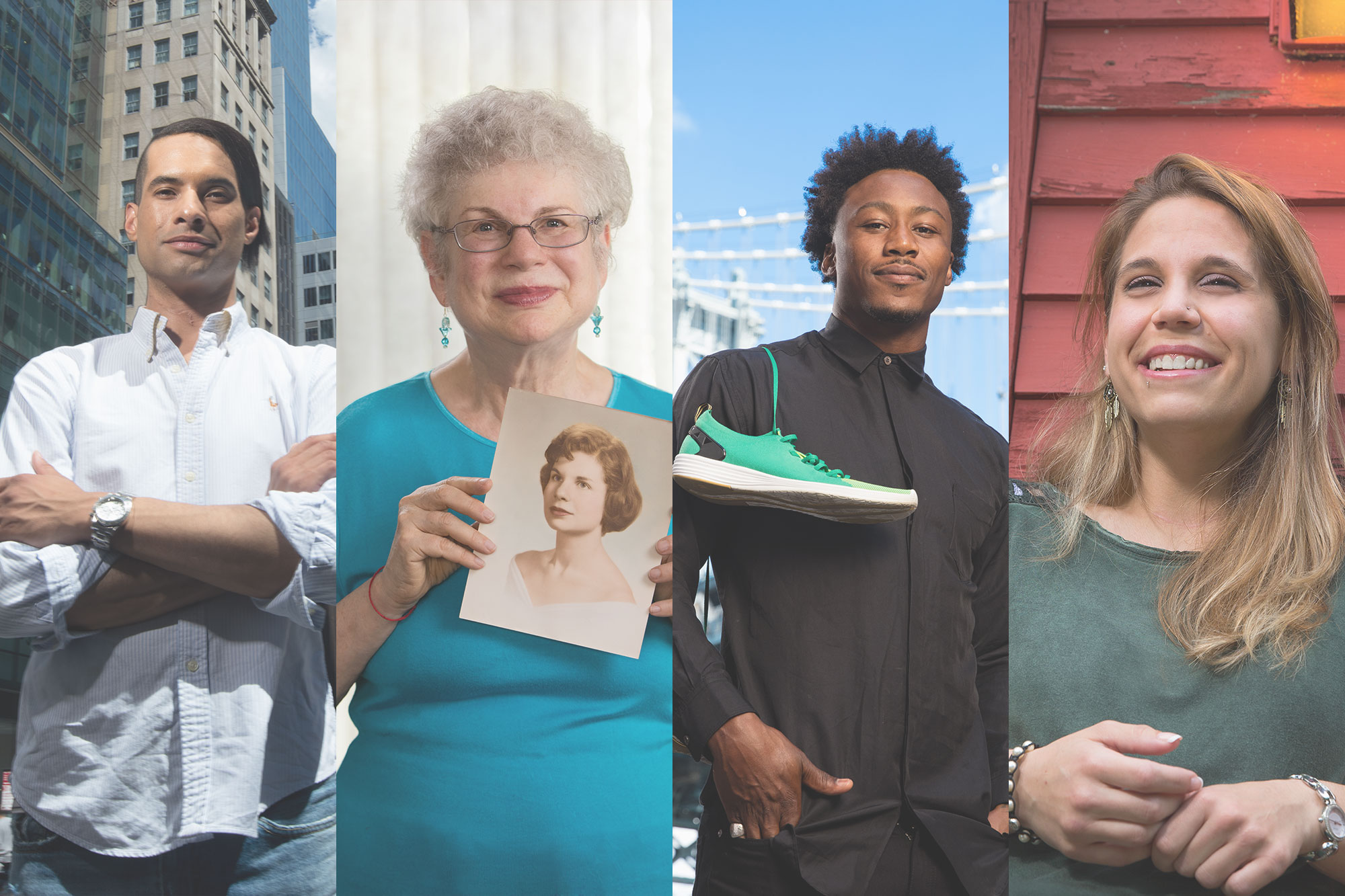My brain was doing exactly what it needed to do for me to survive
From an early age, Adrian had great empathy for other people and their experiences.
I was drawn to the mental health field because of my compassion for others. My high school teacher saw my potential and encouraged me to consider a career in counseling.
Deep down I also knew that I had a desire to understand my family. But at the time, I didn’t know just exactly what it was that I was trying to understand.
It wasn’t until after Adrian had become a psychologist that she realized she was trying to understand trauma, including sexual abuse and sex trafficking by her father.
It took several years of therapy, several therapists, her mother’s passing, and refraining from alcohol to bring dissociative identity disorder (DID) to Adrian’s awareness.
DID, formerly known as multiple personality disorder, is a condition in which someone displaces aspects of their experience onto other aspects of self. Most people with the condition, like Adrian, have experienced severe childhood abuse.
At the time a person develops DID, dissociation is an effective coping mechanism that helps people bear extreme trauma.
After struggling for many years, including inpatient hospital stays, Adrian still felt extremely depressed and hopeless. Her husband sought out resources and Adrian admitted herself to a residential treatment center.
The psychiatrist in the residential program gave me some hope for possibly being able to recover and work again. At the time, my work as a therapist had been one of the only things that had given me purpose and meaning in life. The thought of never returning felt like the end.
Sadly, Adrian has faced stigma even within her own profession. At trauma trainings with other psychologists, she has heard peers joke about DID or say they would not treat patients who had the condition.
A lot of the challenges have been in my own field, in being a psychologist, and having my own self-internalized stigma—not only around DID, but around mental health treatment in general.
It is so important that as a collective community, we properly understand mental health-related conditions, so that they can be properly treated, and more importantly, destigmatized.
With the help of her supportive husband, wellness team, and friends, Adrian put herself back together. She began practicing as a therapist again and remained committed to her recovery by engaging in therapy, as well as alternative healing modalities such as yoga therapy, breathwork, and bodywork.
Once Adrian received an accurate diagnosis of DID, her profound healing began. It was couples counseling that really provided a turning point.
My husband had witnessed the ‘switching’ for years in our marriage. We just didn’t have a name for it. I’d had some memories but had pushed them away, I never felt like I quite fit in anywhere, and I never felt good. I was chronically suicidal and never understood why.
Adrian never intended to speak openly about her diagnosis, but the more she engaged in the healing process, the more she was ready to step forward. As a mental health professional, she wants to inform the public and fellow clinicians about DID and the importance of validating mental health-related concerns.
We all have physical and mental health. Why would we stigmatize health?
The public—including some providers—immediately jumps to the conclusion that people with dissociative identity disorder are dangerous or crazy. I am loving and kind, I am not crazy, and I am not dangerous. What I experienced as a victim of sexual abuse was dangerous. Stigma, quite frankly, is dangerous.
More professionals need to be properly educated about what DID actually looks like in clinical practice, because even the most brilliant people I know are missing it.
Adrian does not discount the challenges she has experienced as a result of living with DID, but she views her mental health condition as a life-saving gift.
It took me a long time to reach a solid understanding that my brain was brilliant and doing exactly what it needed to do to segment off the trauma being held in various parts of my brain. Had I had awareness of all that early on, I do not think I would have survived.
Adrian believes that self-care, self-compassion, and a solid support system are the necessary components to recovery.
It’s about the desire to keep moving forward, a commitment to asking for help and support, and holding on to hope even in the darkest of days.
I will no longer participate in perpetuating the very stigma I internalized as a result of being ill-informed and mistreated. Together, we can heal. Every human deserves love and belonging. The truth of the matter is, we all matter. There is no more room for shame or stigma.

